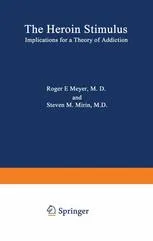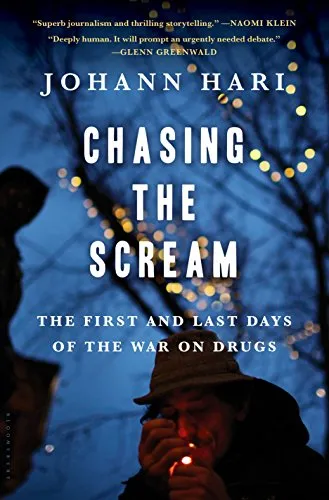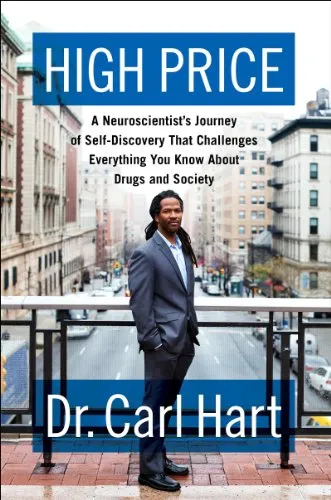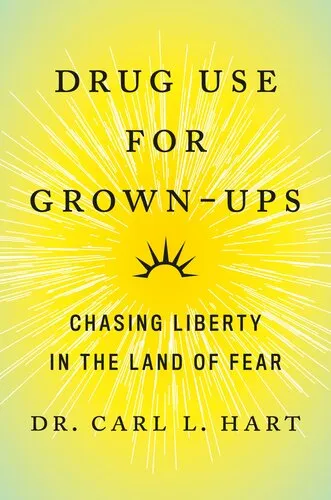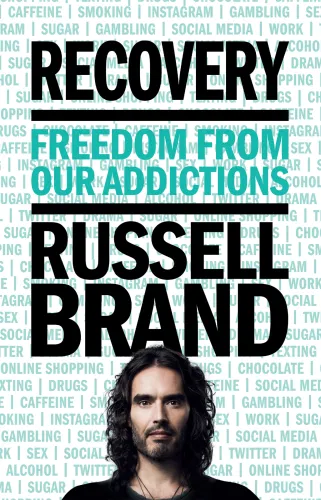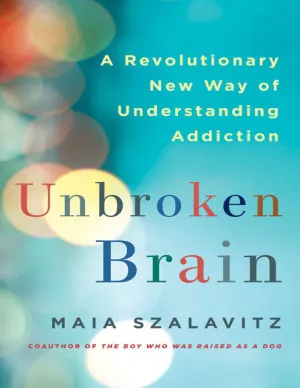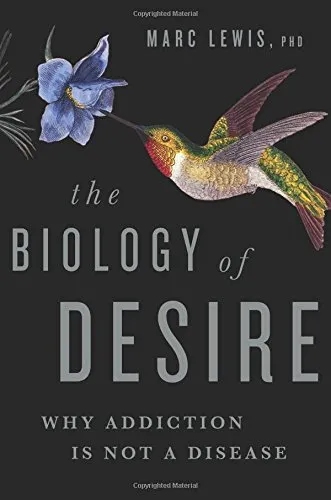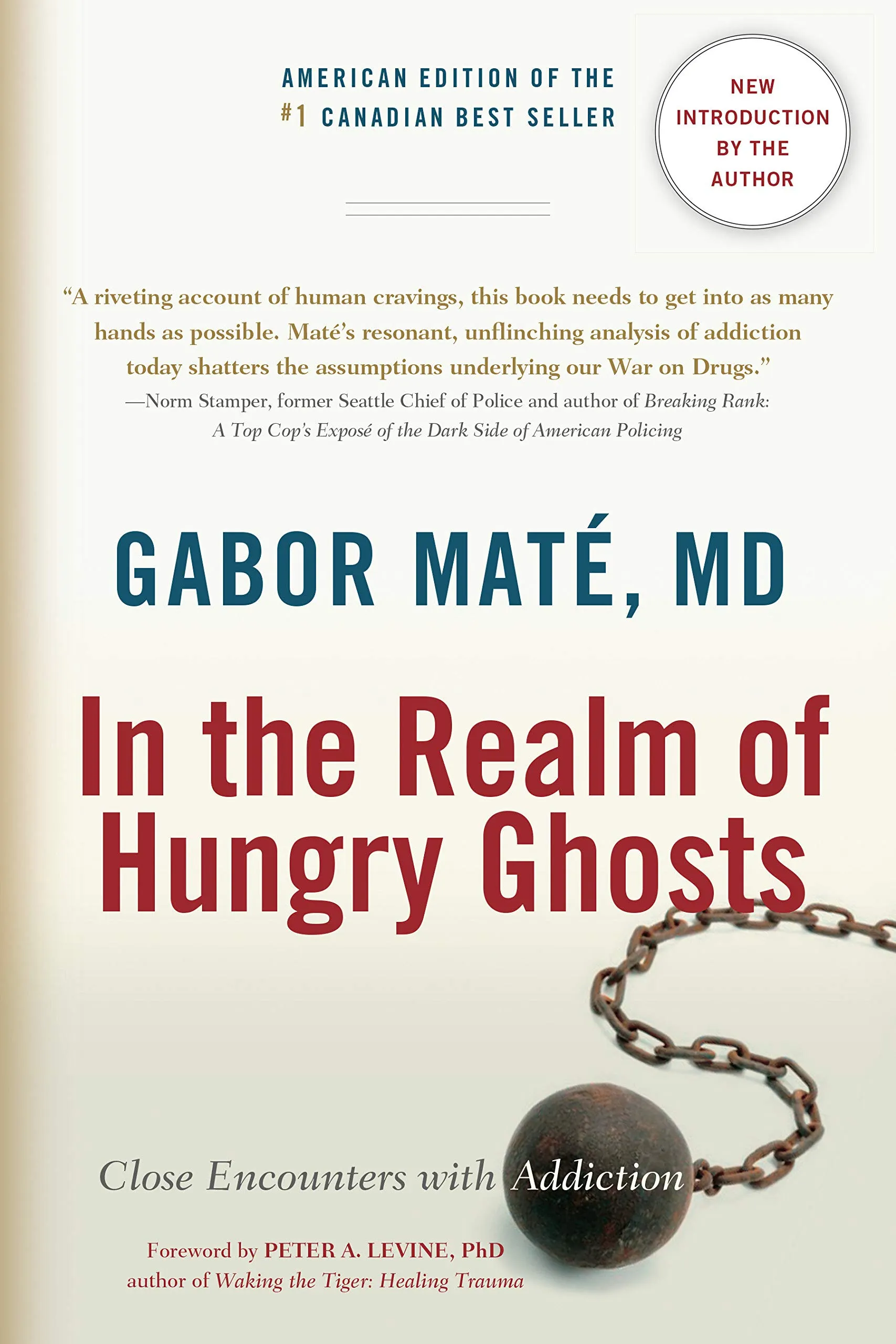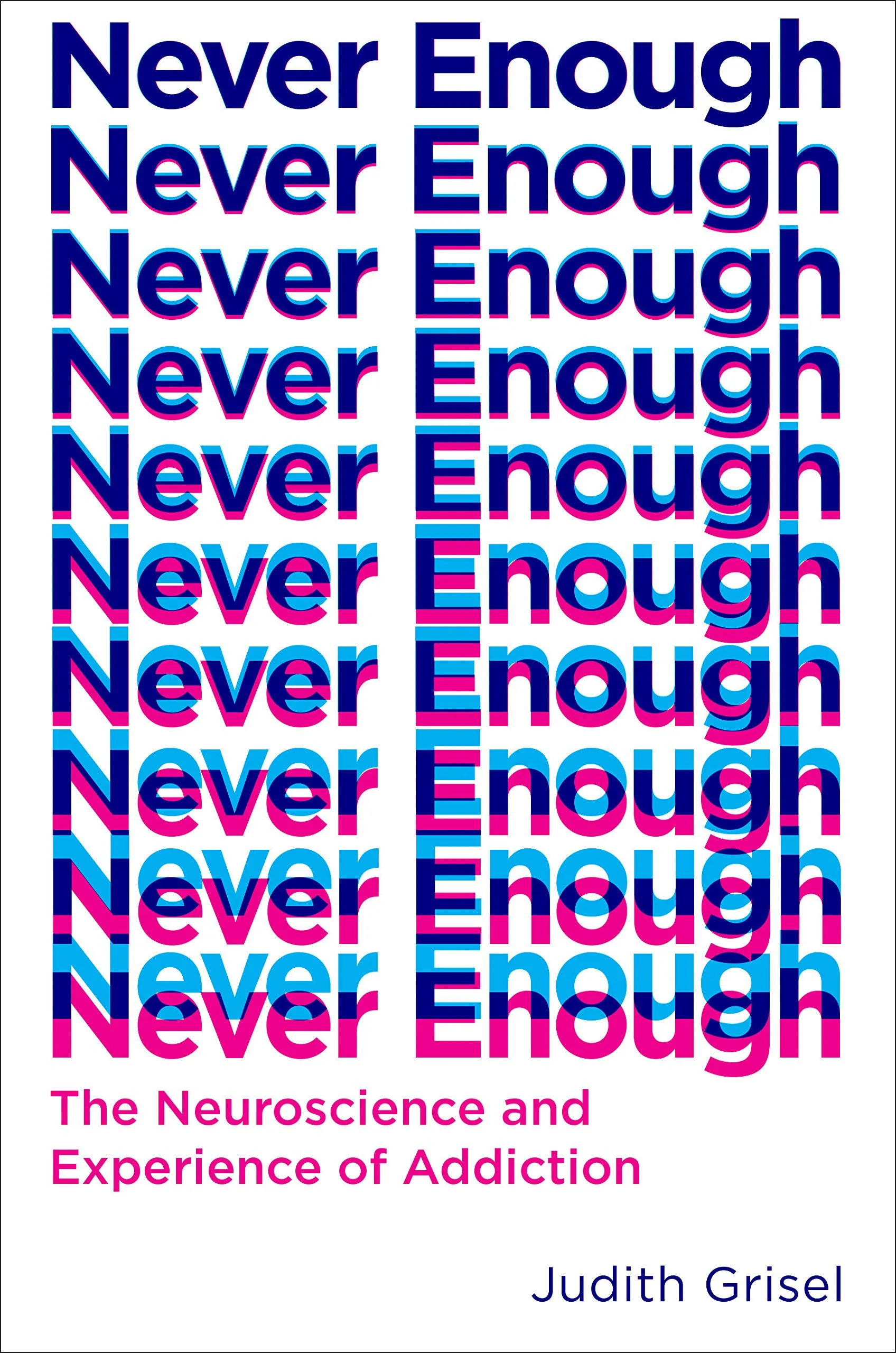The Heroin Stimulus: Implications for a Theory of Addiction
4.0
Reviews from our users

You Can Ask your questions from this book's AI after Login
Each download or ask from book AI costs 2 points. To earn more free points, please visit the Points Guide Page and complete some valuable actions.Related Refrences:
Introduction to "The Heroin Stimulus: Implications for a Theory of Addiction"
In "The Heroin Stimulus: Implications for a Theory of Addiction," authors Roger E. Meyer M.D. and Steven M. Mirin M.D. explore the intricate pathways of addiction with a particular focus on heroin. This book delves into the psychological, physiological, and sociological aspects of narcotic dependence, aiming to provide a comprehensive theory of addiction.
Detailed Summary of the Book
"The Heroin Stimulus" sets out to challenge and expand the existing understanding of addiction by thoroughly analyzing heroin dependency. It provides an insightful review of historical data, case studies, and scientific research aimed at comprehensively understanding the nature of addiction. The authors explore the role of heroin as not just a substance of abuse but as a critical element in the broader spectrum of addictive behaviors. By addressing key aspects such as environmental triggers, psychological conditions, and neurobiological mechanisms, this book attempts to redefine how addiction is perceived and treated.
A significant portion of the book is dedicated to unraveling the neurochemical processes induced by heroin use and how these contribute to the compulsion to use the drug. Meyer and Mirin systematically discuss the dopaminergic systems, reward pathways, and changes in brain structure and function resulting from prolonged heroin use. In parallel, the authors examine sociocultural factors, such as socioeconomic backgrounds and peer influences, that often contribute to the initiation and perpetuation of heroin addiction.
Key Takeaways
- Understanding addiction requires a multifaceted approach that considers psychological, neurological, and sociocultural dimensions.
- Heroin use triggers specific brain mechanisms that reinforce compulsive behavior, exemplifying the difficulty in overcoming addiction.
- Sociocultural factors play a critical role in the development and maintenance of heroin addiction.
- Interventions should target not just the individual but also the broader environment that influences addictive behaviors.
- Identifying and modifying stimulus cues in an addict's environment can be a crucial part of effective treatment strategies.
Famous Quotes from the Book
"Addiction is not merely a pursuit of pleasure but often an escape from pain."
"The environment in which a person uses heroin can strengthen the addiction as much as the drug itself."
Why This Book Matters
The importance of "The Heroin Stimulus" lies in its pioneering exploration of addiction from an interdisciplinary perspective. By combining insights from psychiatry, neuroscience, and sociology, Meyer and Mirin provide a holistic framework that encourages professionals across various fields to reconsider their approaches to addiction treatment. This book is particularly relevant today, as the opioid crisis continues to be a significant public health issue worldwide. It offers not only a theoretical foundation but also practical implications for developing more effective intervention strategies.
The detailed examination of heroin as a stimulus further emphasizes the need to understand addiction as a complex interaction between drug effects and personal and environmental factors. As such, "The Heroin Stimulus" is a critical text for researchers, clinicians, policymakers, and anyone interested in gaining a deeper understanding of one of society's most challenging health issues.
Free Direct Download
You Can Download this book after Login
Accessing books through legal platforms and public libraries not only supports the rights of authors and publishers but also contributes to the sustainability of reading culture. Before downloading, please take a moment to consider these options.
Find this book on other platforms:
WorldCat helps you find books in libraries worldwide.
See ratings, reviews, and discussions on Goodreads.
Find and buy rare or used books on AbeBooks.
1320
بازدید4.0
امتیاز0
نظر98%
رضایتReviews:
4.0
Based on 0 users review
Questions & Answers
Ask questions about this book or help others by answering
No questions yet. Be the first to ask!
